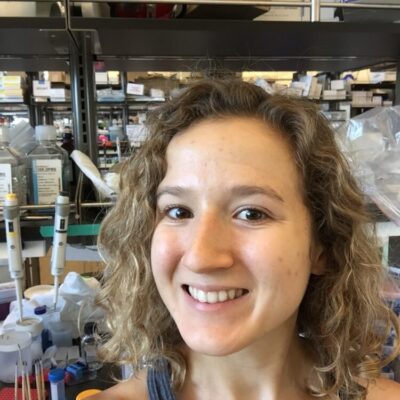Ada Locke Rose Hills
The role of inflammatory signaling and blood brain barrier degradation in cognitive decline
As we age, the protective barrier that separates circulating blood from neural tissue loses efficacy. Breakdown in this blood-brain barrier leads to excitatory synaptic remodeling, epileptoform activity, and, we hypothesize, cognitive dysfunction as seen in Alzheimers disease and dementia pathologies. The protein albumin in the blood is normally separated from brain tissue, but binds to TGF- receptors on astrocytes when the blood-brain barrier is compromised. This leads to an inflammatory signaling cascade and a host of changes in neural tissue that may contribute to cognitive decline. In our research, we seek whether application of IPW-5371, a novel TGF- receptor kinase antagonist, will lead to the reversal of inflammatory signaling and cognitive decline in aged mice and mice prematurely exposed to albumin, in hopes to reverse and prevent the onset of Alzheimers disease pathology.
Message To Sponsor
I would like to thank the Rose Hills Foundation for their support in my research pursuits this past summer. By participating wholeheartedly in my project without any outside distraction, I gained new knowledge and direction in my research. I learned more and more on what interests me, and how I can contribute through academic research to improving the world. I learned about the struggles and triumphs of the research world, and I look forward to continuing in this field. Thank you for this opportunity.